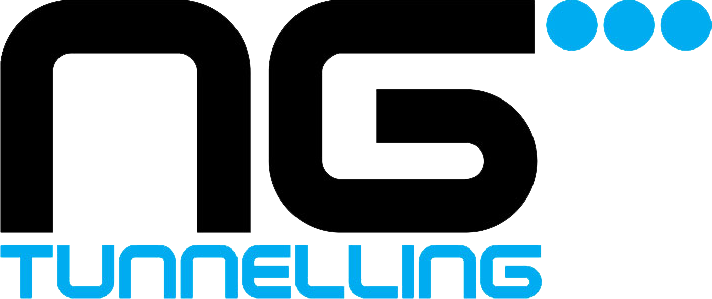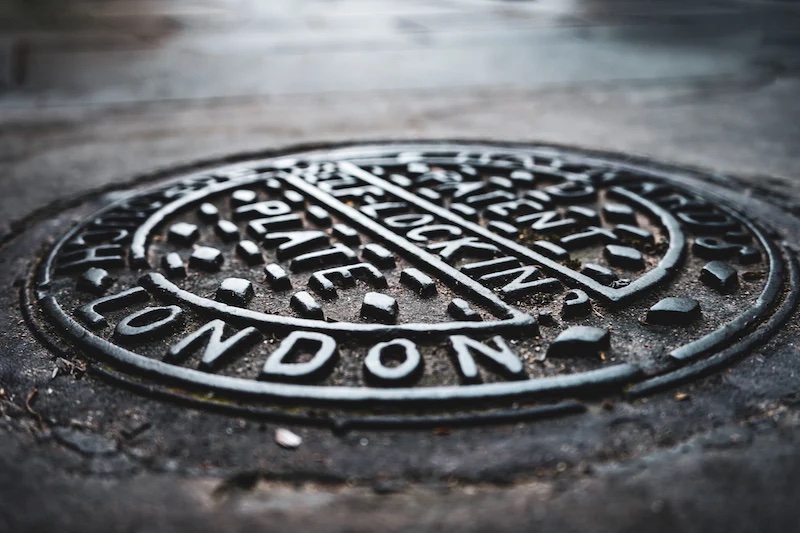What Are Drain Interceptor Traps ?
When it comes to drainage systems, one crucial component often overlooked is the drain interceptor trap. Drainage interceptor traps are essentially devices installed in plumbing systems to prevent clogs and blockages by filtering out debris and sediment before it reaches the main drainage system. In this blog post, we will dive deeper into the world of drain interceptor traps, explaining how they work, their benefits, and why they are essential in maintaining a healthy plumbing system.
How Drain Interceptor Traps Work
Drain interceptor traps are typically installed in large commercial or industrial settings, such as restaurants, hotels, or manufacturing plants. Their primary function is to catch solid debris, grease, oil, and sediment that could potentially clog the drain pipes.
These traps usually consist of a chamber or tank with multiple compartments. The waste water flow enters the first compartment, and as it slows down, solid debris settles at the bottom, while lighter oils and grease float to the top. The filtered water then passes through the remaining compartments before finally exiting the trap and entering the main drain. The collected debris, grease, and oil are typically removed regularly by maintenance personnel to prevent build-up and maintain the efficiency of the trap.
Benefits of Drain Interceptor Traps
The installation of drain interceptor traps offers several important benefits:
- Preventing Drain Blockages: By effectively filtering out solid debris, grease, and oil, drain interceptor traps help prevent blockages in the main drainage system. This helps maintain the smooth flow of waste water, reducing the risk of costly plumbing repairs and downtime.
- Compliance with Environmental Regulations: In many jurisdictions, commercial establishments are required to have drain interceptor traps to comply with environmental regulations. These traps help prevent contaminants from entering the municipal sewage system, protecting the environment and promoting sustainable waste management practices.
- Reduced Maintenance Costs: Regularly cleaning and maintaining drain interceptor traps can significantly reduce the need for more extensive plumbing repairs. By preventing blockages and protecting the drainage system, businesses can save valuable time and money that would otherwise be spent on plumbing emergencies.
- Improved Hygiene and Odor Control: Drain interceptor traps can also help improve hygiene and odor control in commercial settings. By trapping grease, oils, and solid debris, they prevent the accumulation of foul-smelling substances that can lead to unpleasant odors and bacterial growth.
Drainage Interceptor Traps
In summary, drain interceptor traps are crucial components of plumbing systems, primarily in commercial or industrial settings. They prevent debris, sediment, oils, and grease from entering the main drain, which can cause blockages and other plumbing issues. By installing drain interceptor traps, businesses can ensure a smooth flow of waste water, comply with environmental regulations, reduce maintenance costs, and maintain a hygienic environment. Regular maintenance and cleaning of drain interceptor traps are essential to keep them operating efficiently.
Interceptor Traps London & Surrey
NG Tunnelling install interceptor traps in London, Surrey and nearby local areas as part of our “one-stop-shop” service for all drainage works. We have over 40 years’ experience as a family-run business specialising in the installation of sewer connections in London & Surrey for large contracting firms, small and large developers, as well as domestic clients.




